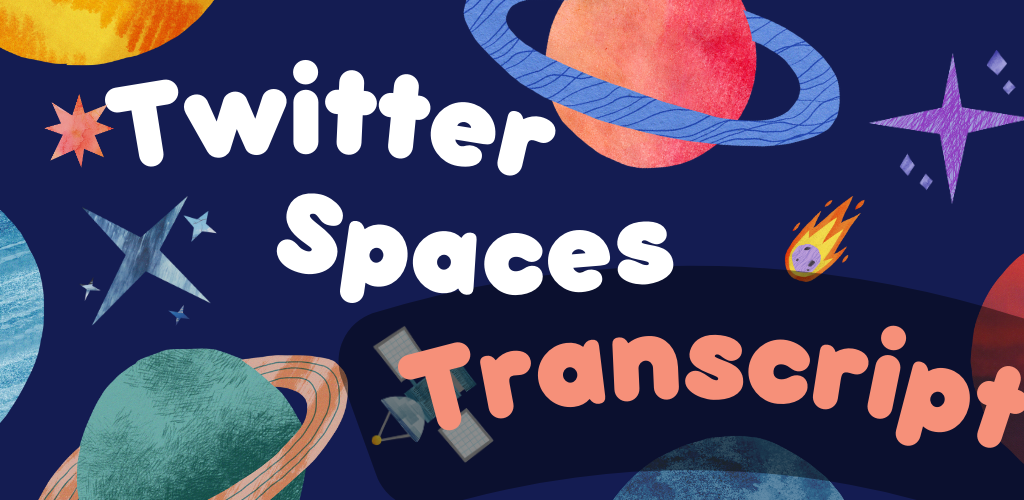See all Josh Hellman transcripts on Twitterspaces

Innovators Think Tank #10 🧠💭
3 hours 43 minutes 12 seconds
🇬🇧 English
Summaries Topics Transcript Chapters Titles Socials Twitter Blog Post Newsletter Quotes Quizzes Ask ChatGPT

Omnivision Solutions Ltd